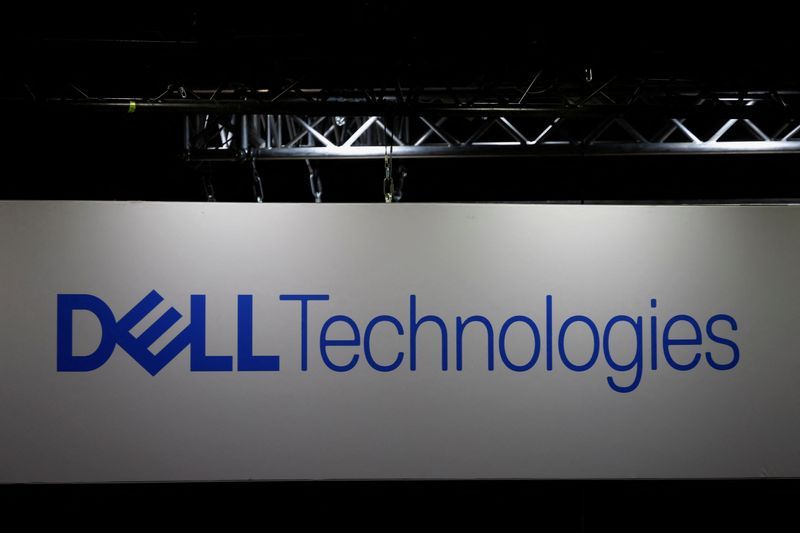
AGI – defined as artificial intelligence with human cognitive abilities, as opposed to more narrow artificial intelligence, such as the headline-grabbing ChatGPT – could free people from menial tasks and usher in a new era of creativity. — AFP
SAN FRANCISCO: The rise of artificial general intelligence – now seen as inevitable in Silicon Valley – will bring change that is “orders of magnitude” greater than anything the world has yet seen, observers say. But are we ready?
AGI – defined as artificial intelligence with human cognitive abilities, as opposed to more narrow artificial intelligence, such as the headline-grabbing ChatGPT – could free people from menial tasks and usher in a new era of creativity.
Save 30% and win Bosch appliances! More Info







































